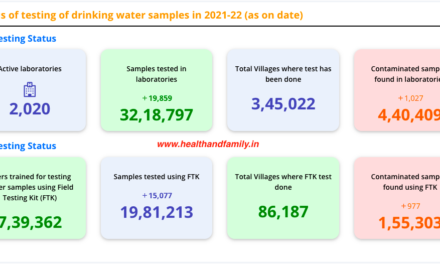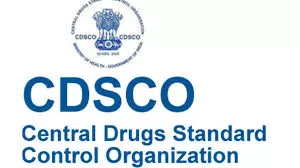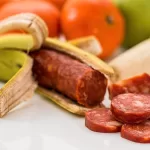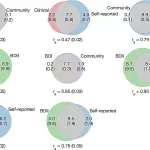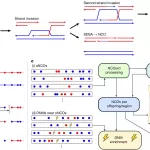Researchers from the University of Exeter have issued a stark warning that intensive livestock farming could potentially increase the risk of new pandemics. Contrary to the common belief that industrialized farming minimizes the risk of zoonotic diseases due to better control, biosecurity, and livestock separation, the new study sheds light on the overlooked social and economic factors that might contribute to the emergence of infectious diseases.
Key Findings
The study, spearheaded by Professor Steve Hinchliffe, underscores that the effects of intensifying agriculture on emerging infectious disease (EID) risk are uncertain and might even exacerbate the problem. The research team highlights that while risks are traditionally evaluated through microbiological, ecological, and veterinary lenses, it is crucial to incorporate social, economic, and political dimensions into these assessments.
Professor Hinchliffe remarked, “The COVID-19 pandemic reignited interest in EIDs, particularly zoonotic viruses. The emergence and transmission risks depend on numerous factors, including human-animal contact and land usage. Livestock farming significantly influences these risks by shaping landscapes and providing hosts that can amplify emerging pathogens.”
Real-World Risks
The prevalent notion in intensive farming is that isolating livestock from wildlife mitigates the transmission risk. However, the study points out that real-world scenarios involve inevitable breaches—damaged fences, wildlife intrusions, and human movements—creating persistent accident potentials. Hinchliffe added, “Once we factor in social, economic, and political elements, the pandemic risk posed by intensive farming becomes concerning.”
Environmental Degradation and Mixed Landscapes
The expansion of intensive farming and the resultant environmental degradation are flagged as contributing factors to EID risks. The research highlights that intensified farming leads to a “mixed landscape” with diverse farming practices, creating a scenario that could heighten EID risks.
Biosecurity Challenges
Biosecurity measures vary significantly across regions and farm types, affecting their effectiveness. European farms often struggle with old, costly-to-maintain buildings, large US farms use open-air structures to avoid air conditioning costs, and in subtropical regions, biosecurity measures must balance against animal overheating risks. These varied practices result in environments far from bio-contained.
Regulatory and Economic Considerations
The study also highlights the strong ties between large food companies and national authorities, indicating “regulatory capture” and the challenge of separating these intertwined interests. Co-author Dr. Kin Wing (Ray) Chan emphasized that merely increasing on-farm biosecurity and efficiency does not guarantee a disease-free environment. Instead, there is a need to reconsider the socio-cultural impacts of intensifying farm animal production on planetary health, environmental sustainability, and animal welfare.
Collaborative Research
The research team included experts from Tufts University, Royal Agricultural University, University of Wollongong, Clark University, Cambridge Conservation Initiative, and the Institute of Development Studies. The study was funded by the Wellcome Centre for Cultures and Environments of Health and the Wellcome Trust. The findings are published in the journal Royal Society Open Science, in the paper titled “Understanding the roles of economy and society in the relative risks of zoonosis emergence from livestock.”
This comprehensive study prompts a reevaluation of intensive farming practices, urging a more holistic approach that considers the multifaceted risks associated with such agricultural systems. As the world grapples with the aftermath of COVID-19, understanding and mitigating the potential pandemic threats posed by intensive farming has never been more critical.


